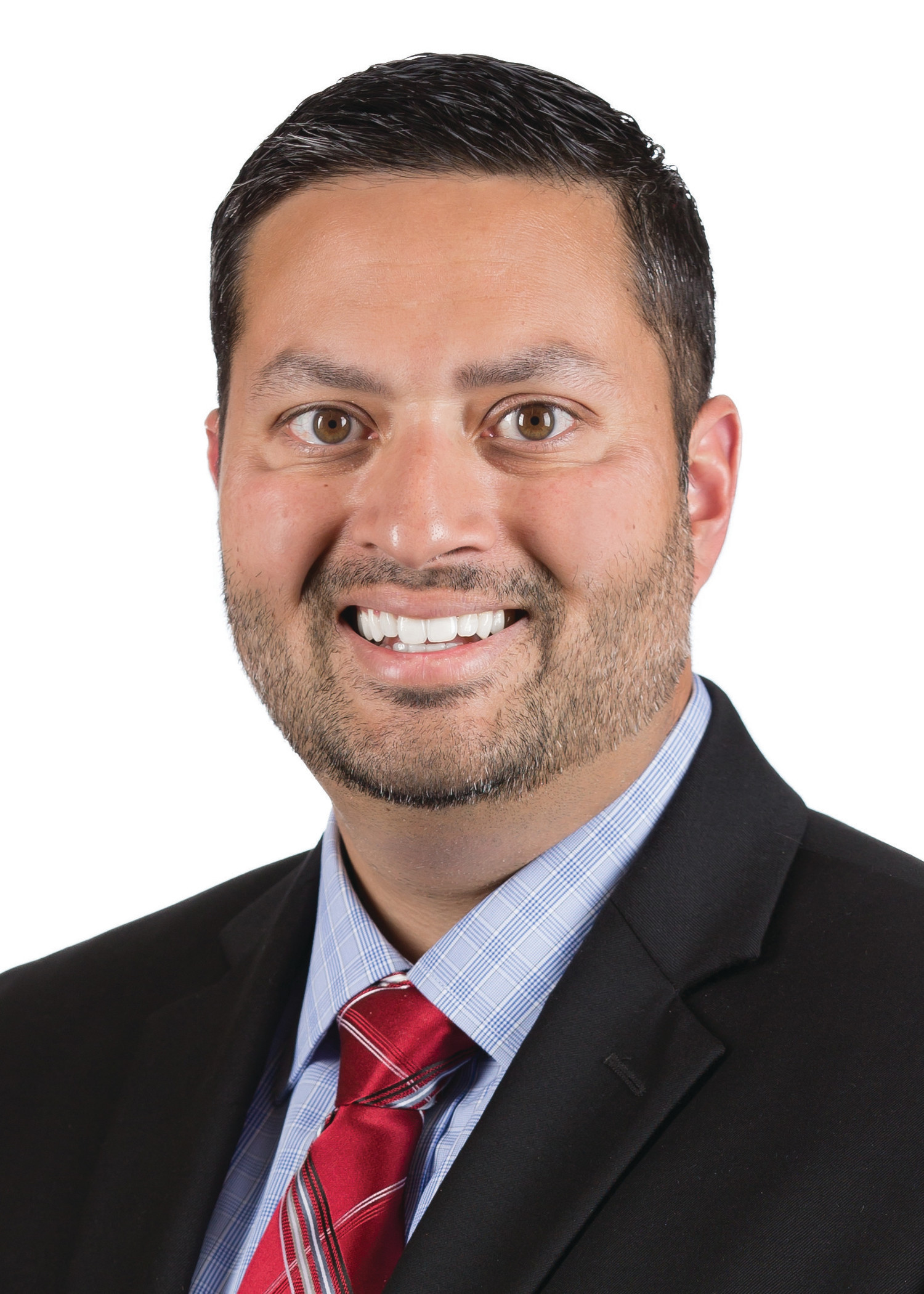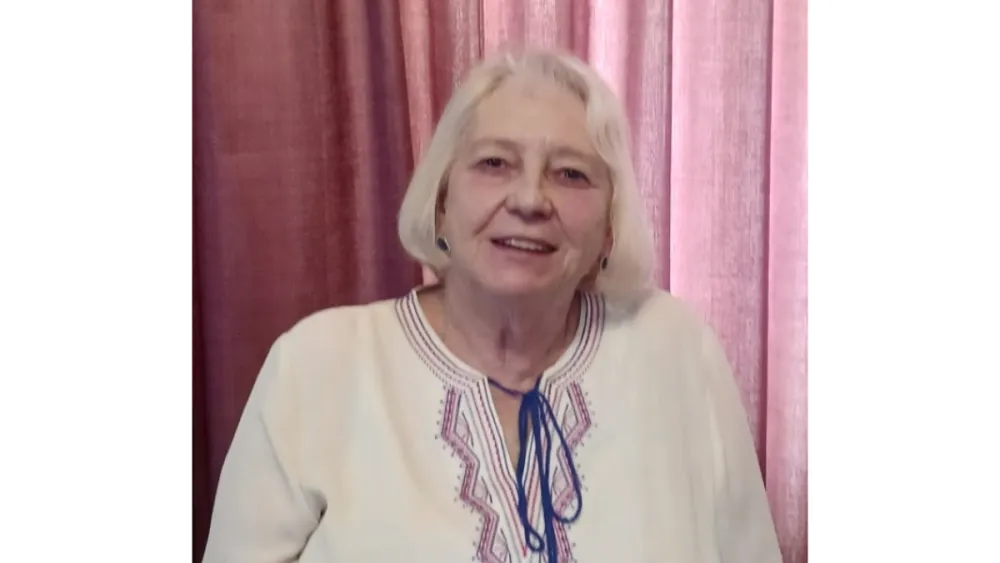





Cancer Care
Early Detection, Positive Attitude Are Key to Iowa Woman’s Lung Cancer Battle
Published: Nov. 21, 2023

Georgene Schaben believes every day is a blessing.
The lifelong “farm girl” from Defiance, Iowa, taught preschool for 20 years after her children went to college. She loves spending time with her family – especially her grandkids.
Through good times and bad – the loss of a son and grandson, and her own battle with lung cancer – the 71-year-old has kept the same outlook: “Just stay positive.”
“I think that does more good than anything,” she said. “Appreciate the day you have, then go from there.”
A Chance Discovery
Georgene can thank a nagging cough for the discovery of her lung cancer.
In 2020, she quit her 40-year smoking habit, and a persistent cough she’d been battling vanished with her cigarettes. The cough returned in 2022, but sometimes it was worse than others. During a wellness visit in July that year, Georgene’s doctor in Harlan, Iowa, planned an X-ray of her hip after she complained of pain there. She also mentioned her cough, and he decided to take a chest X-ray, as well.
“We found it kind of by accident, really,” Georgene said of the two white growths, known as nodules, that the X-ray revealed on her left lung. Fearing they could be cancer, her doctor ordered a CT scan of her lungs and suggested getting an expert opinion.
“I told him, ‘I feel good. I don’t have cancer,’” she said. “Of course, it’s always denial, right? I felt the best I had in years.”

Sumit Mukherjee, MD, a pulmonologist with Methodist Physicians Clinic, has plenty of experience reviewing images like Georgene’s. They come from patients complaining of lung issues as well as other initiatives to detect lung cancer earlier, when it’s most treatable. Those efforts include low-dose CT scans for patients with lung cancer risk factors and Methodist Health System’s Incidental Lung Nodule Program, which uses artificial intelligence to flag growths found during care for unrelated issues.
“I’m a strong believer in lung cancer screening, and it’s also quite amazing how many lung cancers are found on scans that are done for other reasons,” Dr. Mukherjee said. “Finding these lesions early – incidentally or with lung cancer screening – can have a great impact on survival and outcomes.”
In Georgene’s case, the nodules were concerning enough that Dr. Mukherjee recommended a biopsy. A bronchoscopy and biopsy in late August didn’t show cancer, but they did reveal an infection. Georgene was treated and returned for another CT scan in early November. Her nodules had grown, and she soon underwent a CT-guided surgical biopsy.
Georgene had stage 3 non-small cell lung cancer. In January, thoracic surgeon Karin Trujillo, MD, performed robotic surgery at Methodist Hospital to remove Georgene’s upper left lobe and several lymph nodes.
“It’s extremely important for her that this was caught when it was,” Dr. Mukherjee said. “She certainly would not have been a candidate for any of her treatments if this had waited much longer. A lesson that people can take from Georgene’s story is to get yourself screened for lung cancer if you qualify.”
“I Always Think There’s Hope”
After the surgery, Georgene began chemotherapy with oncologist Sakeer Hussain, MD, of Heartland Oncology & Hematology. Although she was worried about possible side effects, she found strength in the ultimate goal: beating cancer and spending more time with her family.
“I did it for my grandson,” she said. “He had lost his daddy, and he told me, ‘Grandma, I can’t lose another person I love.’ I told myself that if I had to take chemo, I’d go through it.”
She’s also been involved in clinical trials. She credits a home exercise trial with helping her recover from surgery. She’s currently enrolled in a chemotherapy trial with Dr. Hussain that should end next spring, and her goals go beyond her own health.
“I want to do this trial to help other people, too,” she said.
For now, Georgene appears to be on the right path. She undergoes follow-up CT scans every six months to watch for a recurrence, and her outlook is a blend of realism and optimism.
“Cancer has a way of coming back. We all know that. That’s the way it is,” she said.
But, she added, you can control how you fight it.
“I always think there’s hope,” she said. “That’s the most important thing of all – keeping your spirits up. With the grace of God, the people we love and their support, and great doctors and medicine we have, you can go on.”
More Resources
- Are you eligible for a low-dose CT scan? Learn more.
- Read more about cancer care at Methodist.
- Find a Methodist primary provider who fits your needs.


